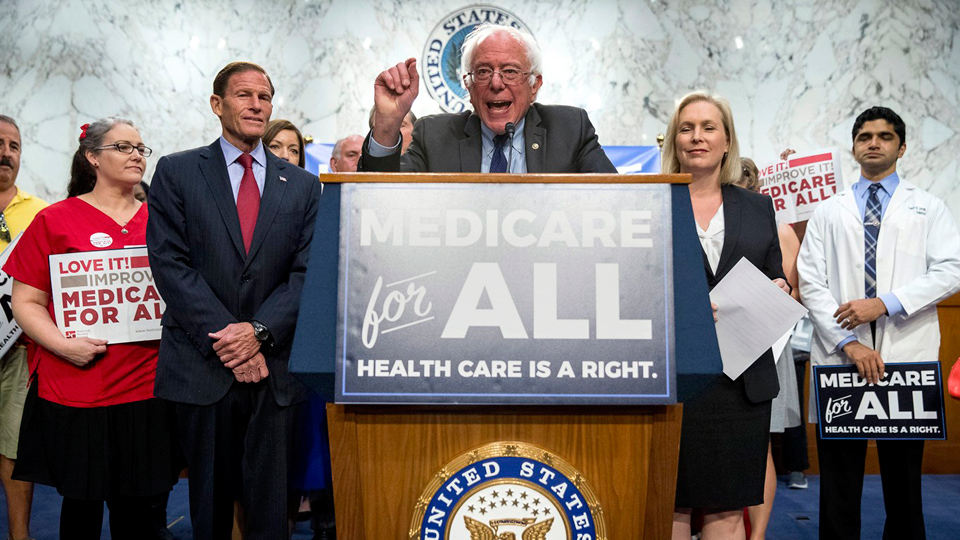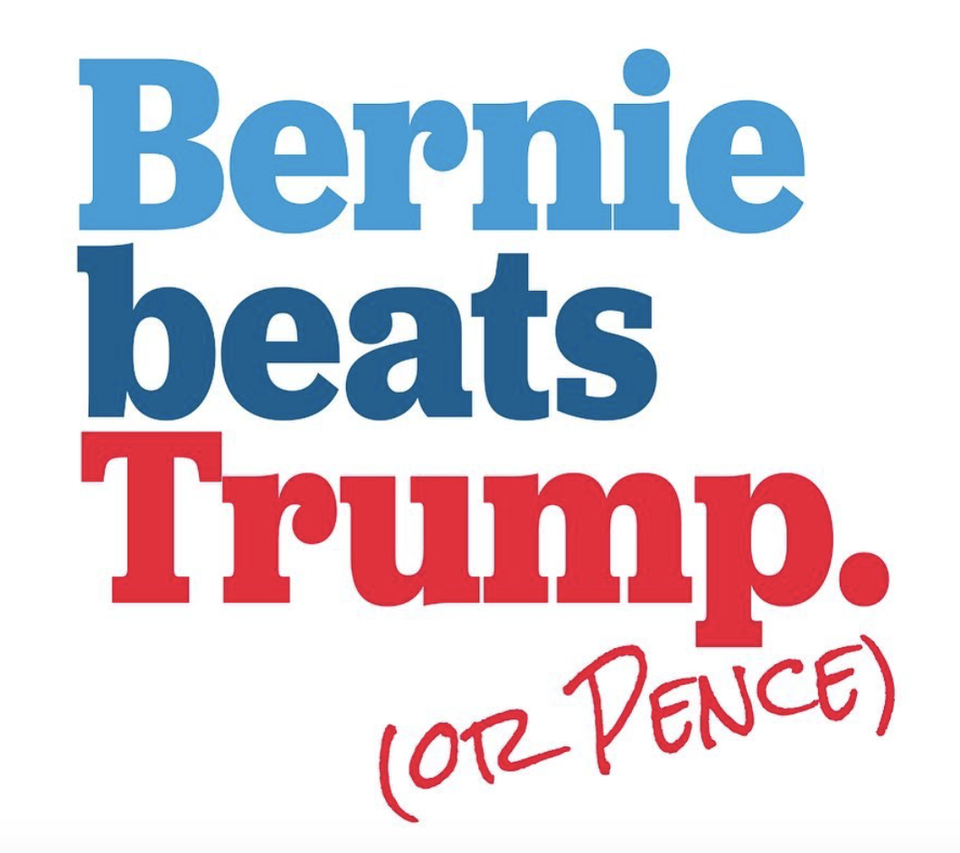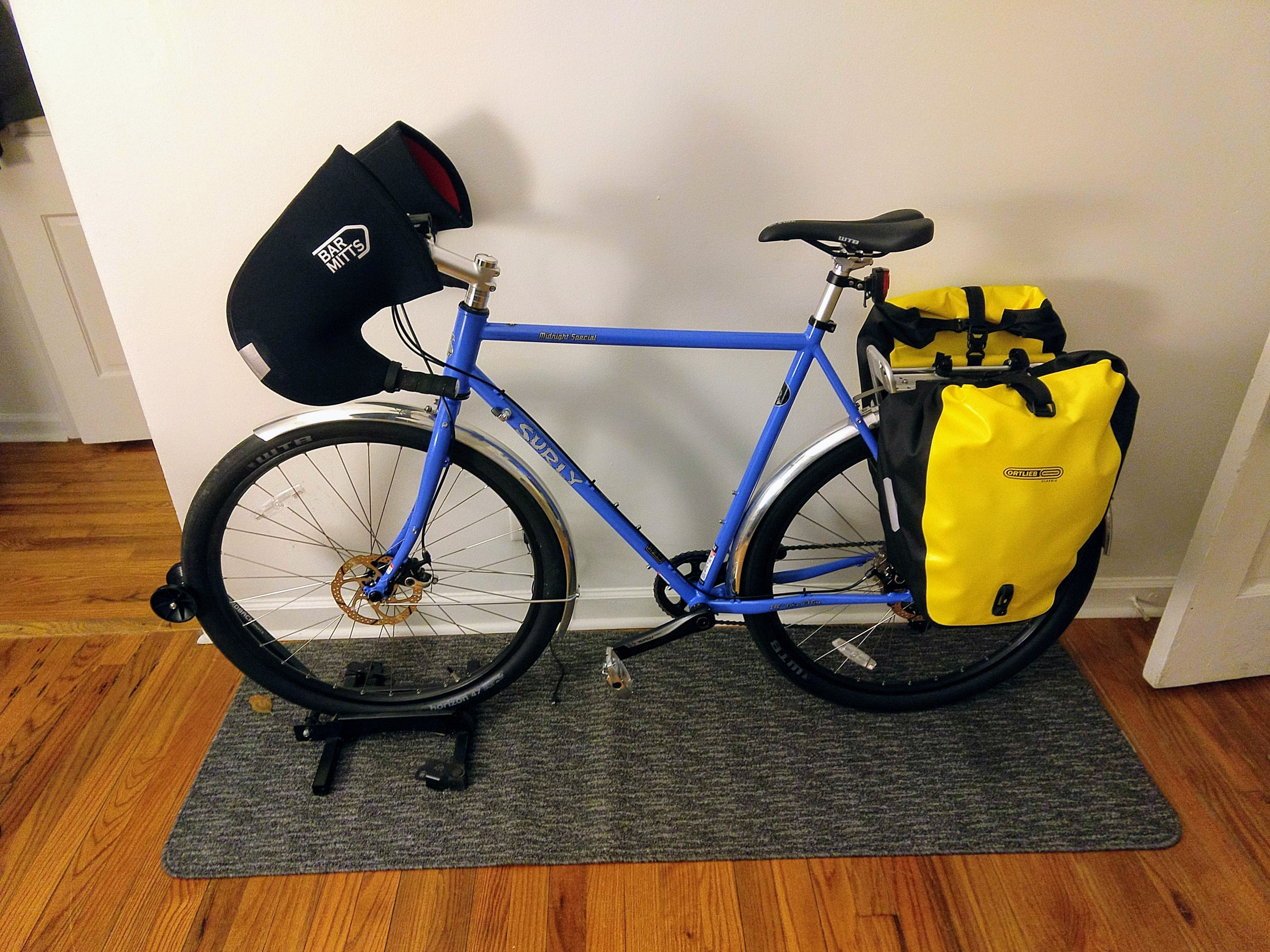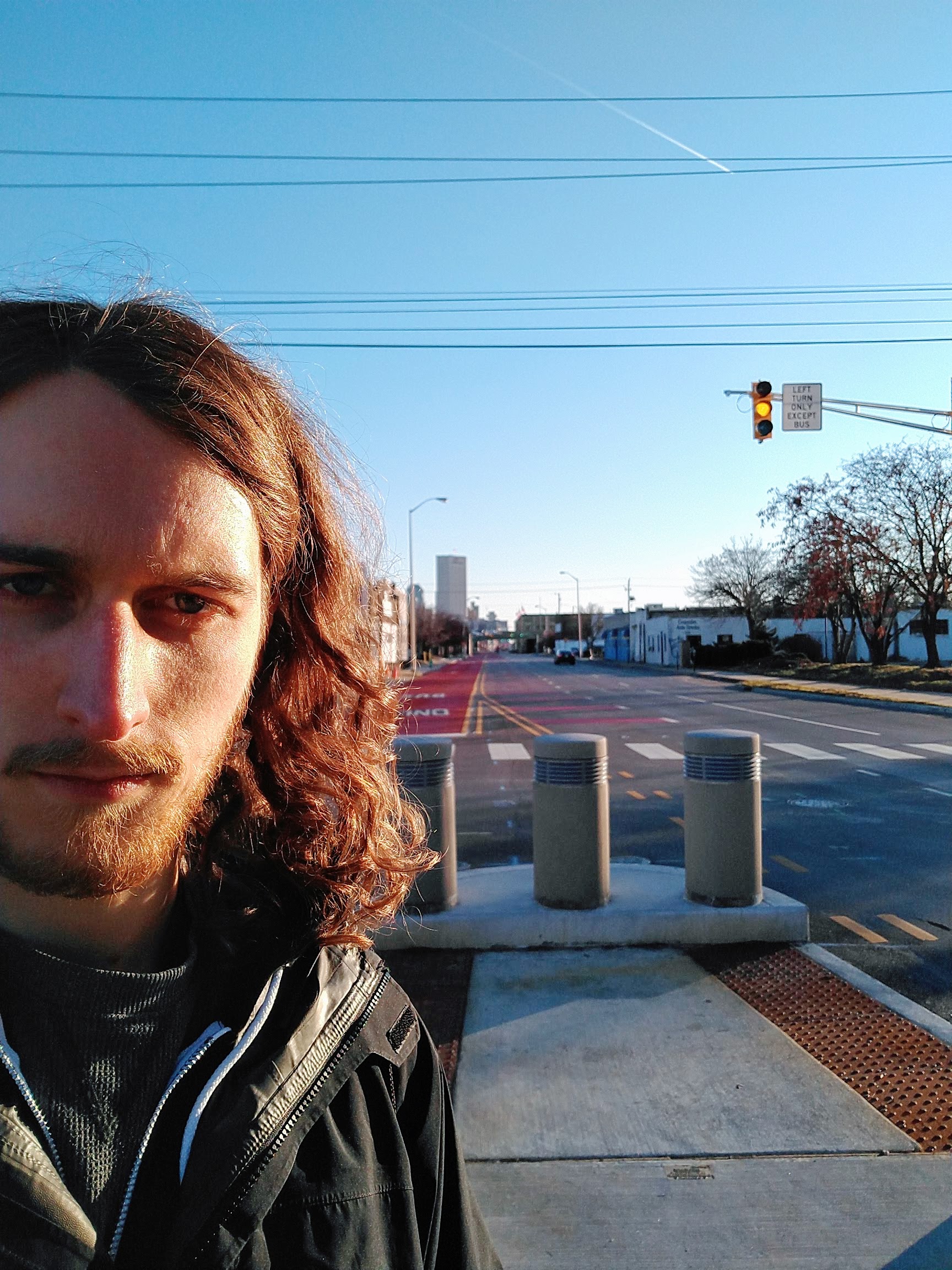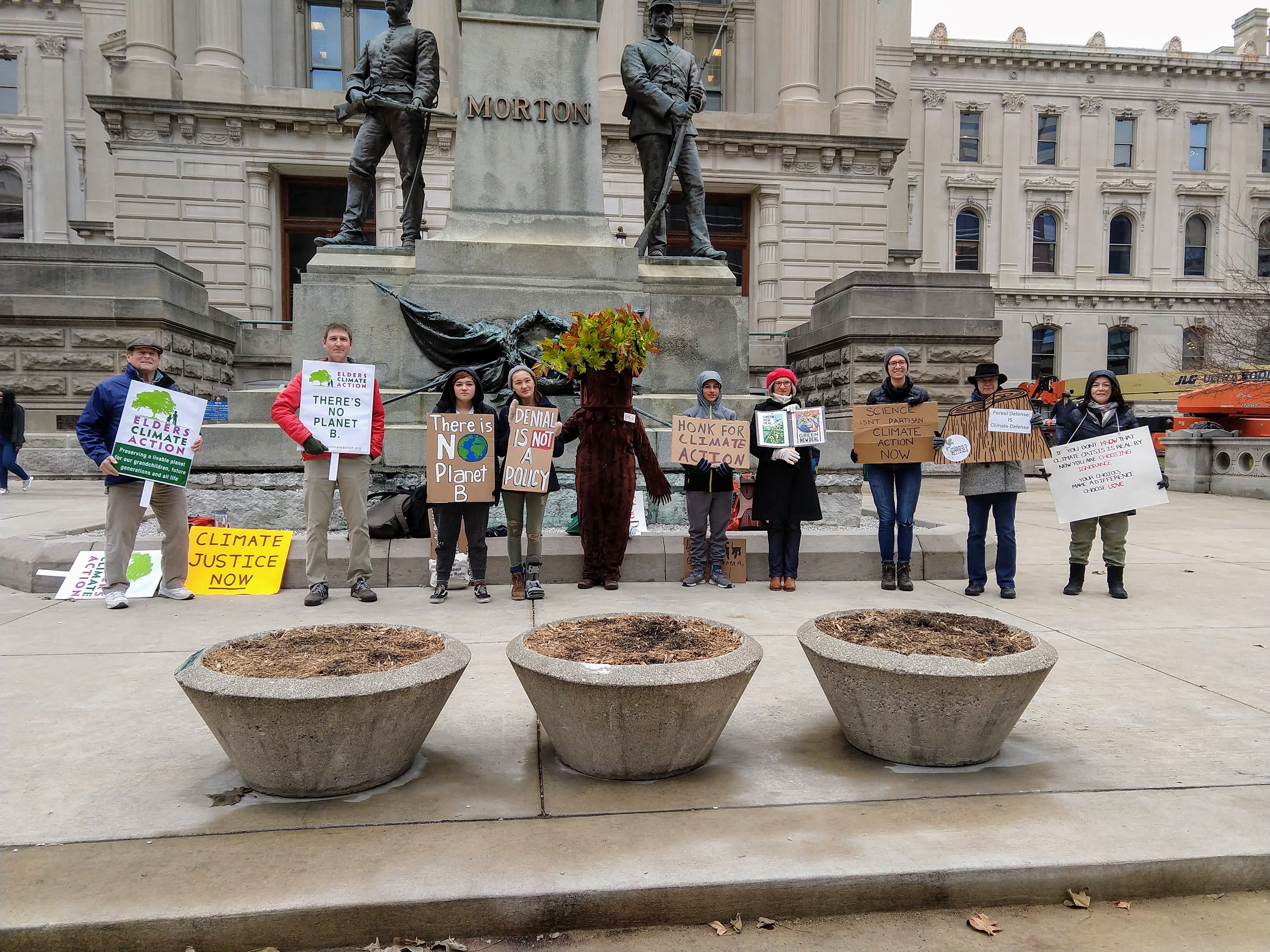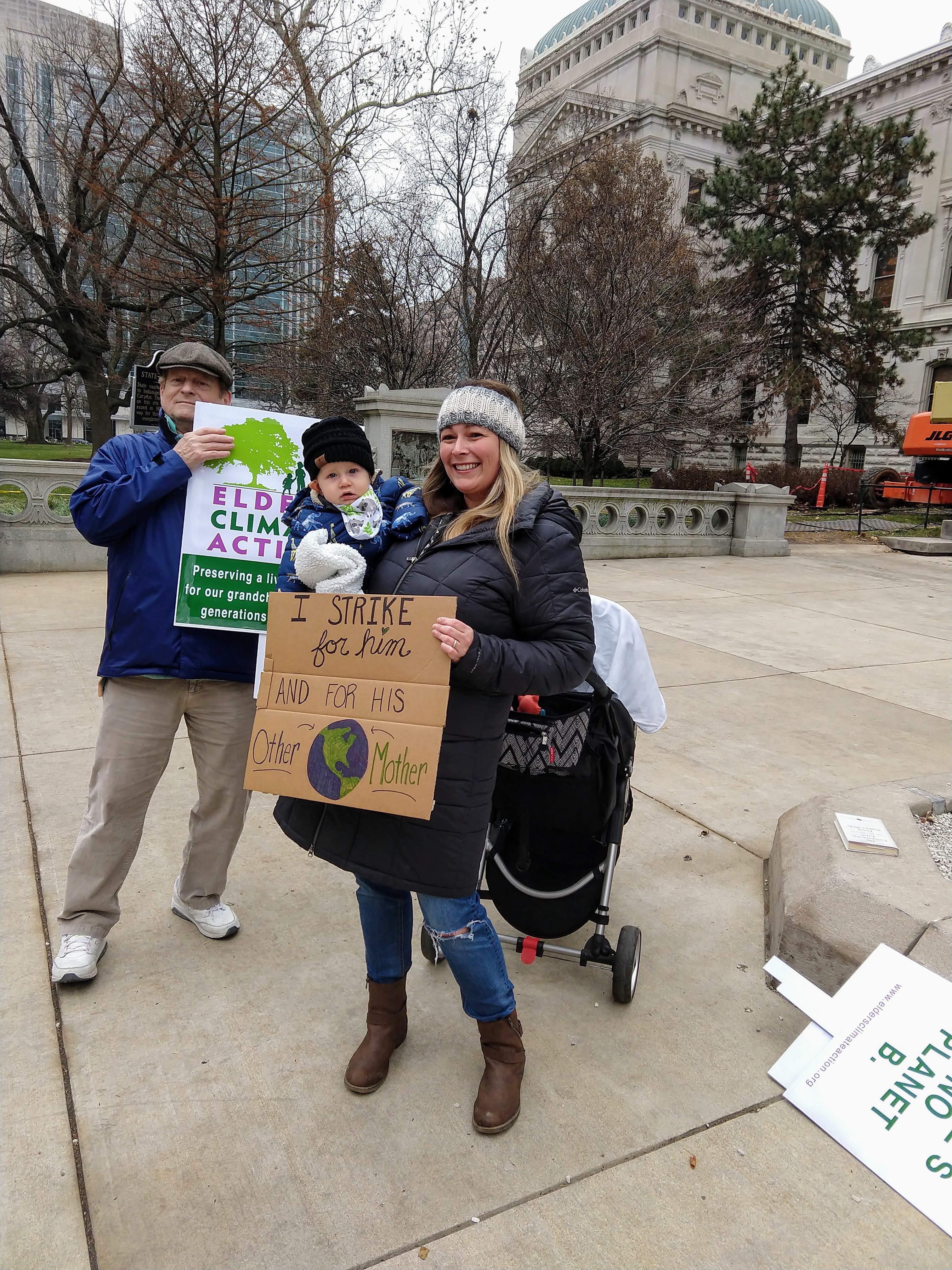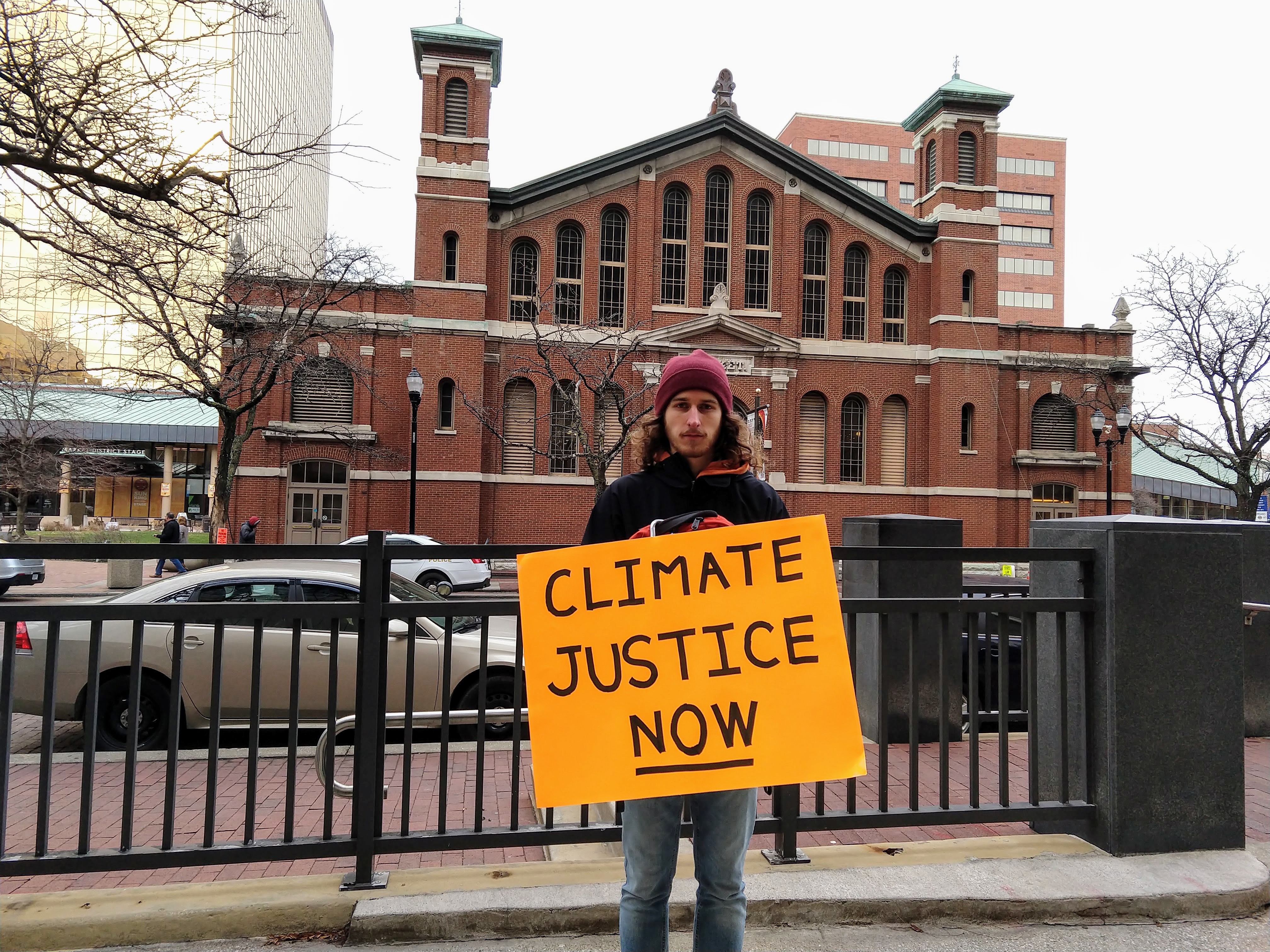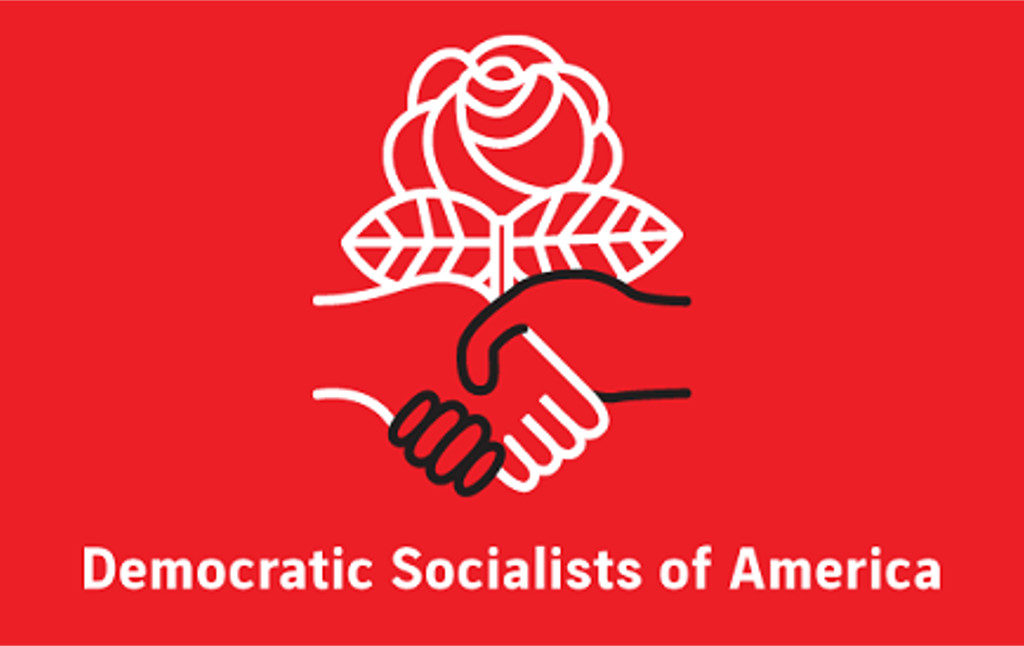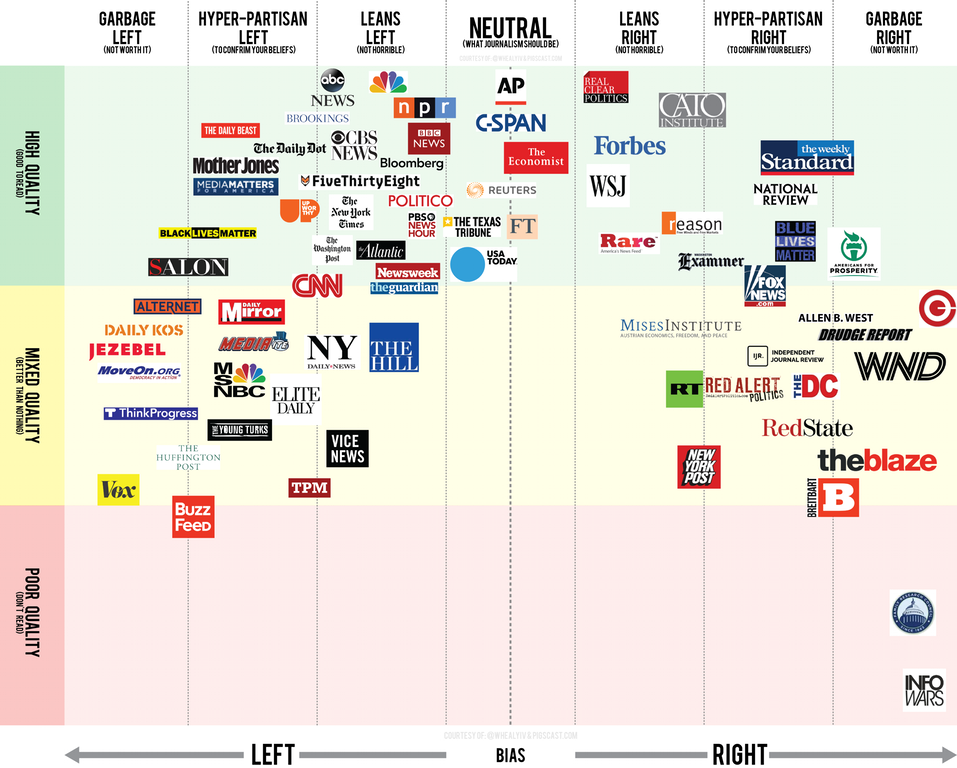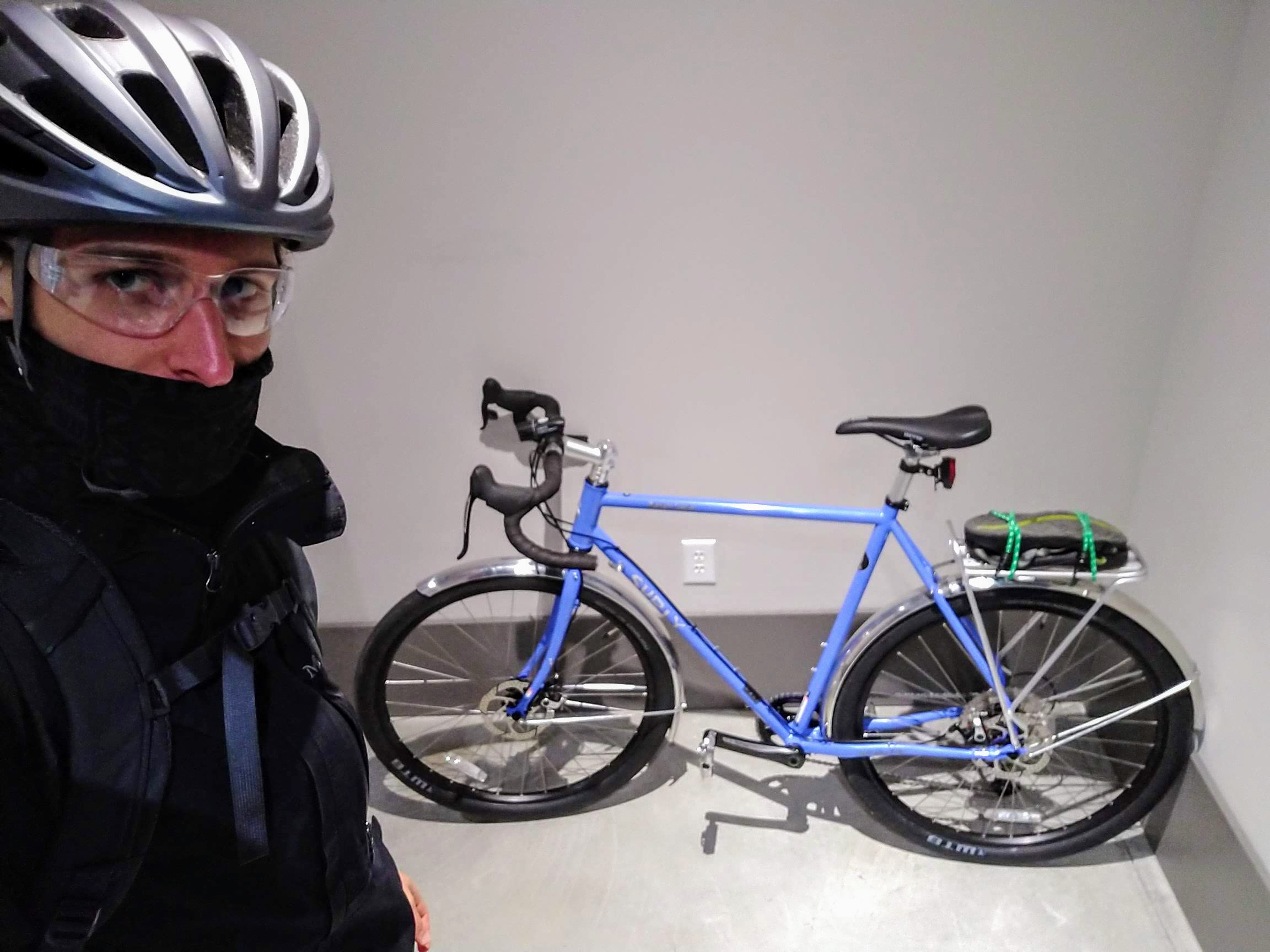I’m tired of seeing caring people with double standards for whom they care about.
Merriam-Webster defines solidarity as: “unity (as of a group or class) that produces or is based on community of interests, objectives, and standards”
Typically solidarity is used when talking about class and labor issues. When one industry’s workers go on strike to support another industry’s workers, that’s solidarity.
I see solidarity as a posture that extends well beyond worker militancy. When the evictions moratoriums put in place during Covid-19 come to an end, I’m anticipating evictions blockades of people standing in solidarity with those at risk of becoming homeless.
The most recent Black Lives Matter protests in the wake of the police killings of George Floyd and Breonna Taylor are other examples of solidarity. In these, people across race lines stand alongside members of historically oppressed and marginalized communities.
I didn’t have a well-formed understanding of solidarity when I decided to embrace veganism two years ago (I still don’t). But deep down I felt an obligation to stand with victims against oppressors. Now I believe solidarity is a helpful way to think about my relationship to animals.
When you ask someone, “Are you against animal cruelty?”, the answer is usually yes. There’s natural response of concern and despair at the sight of an animal in pain. While an empathetic understanding of the pain that animals experience is good, if it does not lead to action, it is wasted sentiment. This is most apparent when a self-proclaimed animal lover regularly eats meat.
Animals rights are a justice issue. In America, we have laws around animal abuse and hold abusers accountable to them. There are some ethical standards in place. But unfortunately they are selectively applied and severely lacking. For example, dogs and cats are in higher class than farmed mammals or fish in the most obvious way: we don’t allow eating dogs and cats.

We have so many forms of animal exploitation built into our culture, especially in our food systems. Not to mention circuses, rodeos, zoos, animal testing for drugs and cosmetics, and other animal byproducts like fur and textiles.
I’m beginning to view my vegan attitude of limiting animal exploitation and harm wherever possible as a form of solidarity. I’ve started seeing the dividing line more clearly: you are either against the abuse and exploitation of animals and abstain from it, or you are actively oppressing them.
As Desmond Tutu put it, “If you are neutral in situations of injustice, you have chosen the side of the oppressor.”
If you are an animal lover, it’s time to align your actions with your values. Stop perpetuating injustice against the ones you love. “Never forget that justice is what love looks like in public.”― Cornel West
Three times a day, we choose whether to fill our plate at the expense of the life of another. We choose whether to take, and take, and take from animals whose sole existence is designed to be maximally productive until they are tossed aside like a spent battery.
Animals have life, personalities, and families. The great lie we’ve been told is how little we have in common with our animal friends. It’s time we realize how much we share.
I spent twenty-four years living at the expense of the lives of cows, chickens, pigs, fish, turkeys, and others. Today I’m celebrating my second year of living in alignment with my fellow earthlings. I stand in solidarity with animals who have been perpetually victimized.
Many of us are having our eyes opened to the ills of our society right now. We are realizing that it’s not enough to simply not be part of the problem. We have to rise up and fight against racism, sexism, xenophobia, homophobia, ableism, classism, and everything that is used to divide and oppress us.
Let us not limit our acts of solidarity to our own human species.
From my mind to yours,
Quinn

